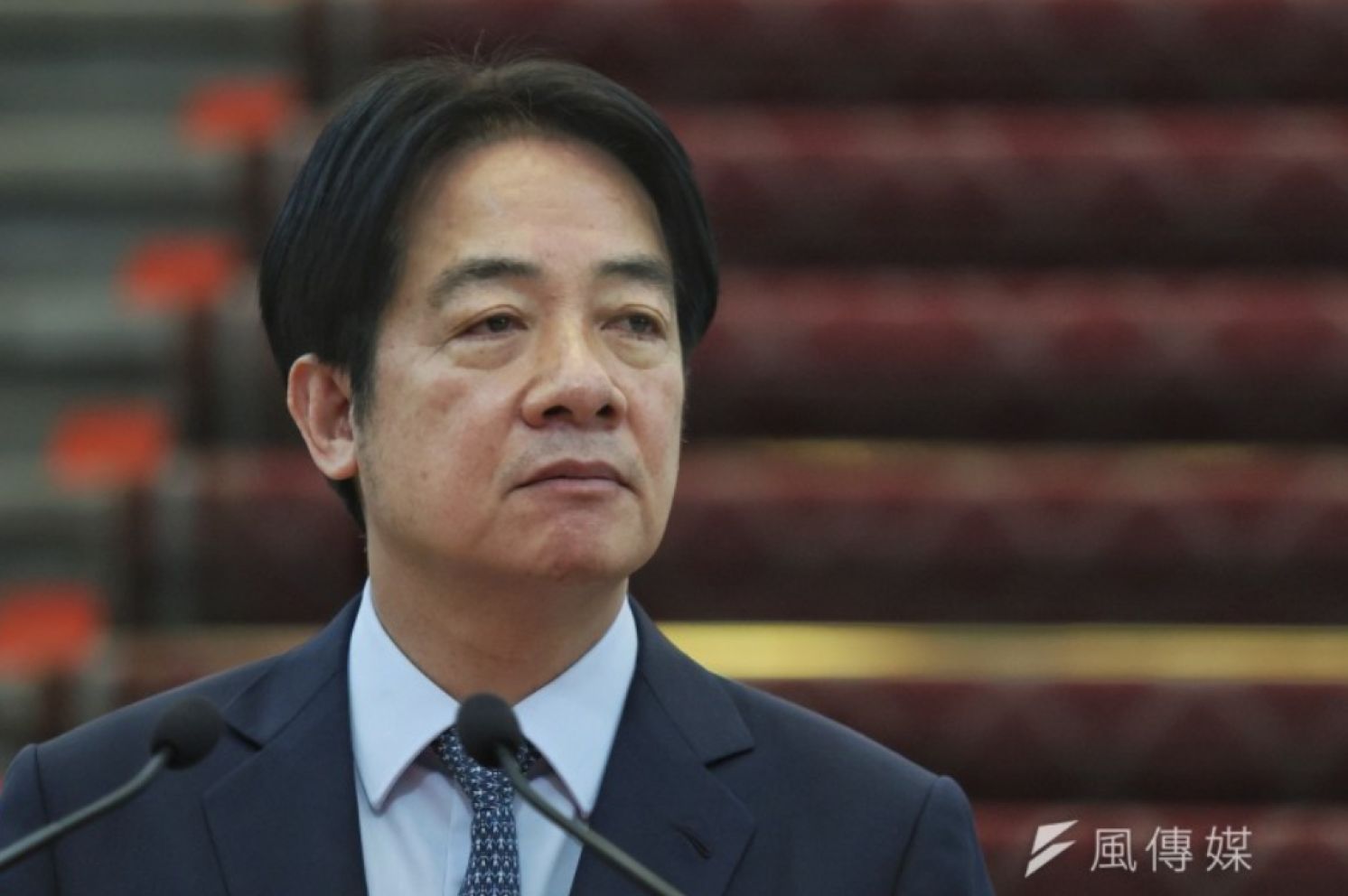
President Lai Lacks Understanding of Democracy, Disregards Legislative Checks and Balances
The Storm Media Editorial, March 24, 2025
President Lai Ching-te has recently made a high-profile push for a “mass recall” campaign, a sharp contrast to his statement just two months ago about “respecting the autonomy of civic groups.” This reflects the pragmatism and flexibility of his political maneuvers. Acting as party chairman, he mobilized the ruling Democratic Progressive Party (DPP) for a nationwide campaign, triggering strong countermeasures from the opposition Kuomintang (KMT) and Taiwan People’s Party (TPP)—turning the battle into a classic case of partisan confrontation.
President Lai consistently demonstrates impatience toward opposition oversight and a tendency to centralize power. During his tenure as mayor of Tainan, he once refused to attend city council sessions for eight months due to his dissatisfaction with the election of a speaker he accused of vote-buying. It took a dengue fever outbreak and an impeachment by the Control Yuan to end the stalemate. Now, as a minority-elected president, he still avoids legislative negotiation, instead opting for direct confrontation—not only using administrative means to challenge parliamentary bills but also escalating to street-level campaigns and recall drives.
Although recall is part of democratic mechanisms, using it as a political weapon contradicts the spirit of democracy. Especially when President Lai mobilizes full government resources for recall campaigns and opposition legislators are readily labeled as “pro-communist collaborators,” the recall becomes less about public accountability and more about silencing dissent.
Taiwan is currently under a dual-minority situation with both the presidency and legislature. Ideally, this should encourage more negotiation and checks and balances. Yet under President Lai’s leadership, it has become a justification for consolidating executive power—under the slogan “let the government do its job.” Building upon his predecessor former President Tsai Ing-wen’s previous full control, President Lai now commands oversight and judicial systems, even resorting to searches and detentions of opposition party officials and recall organizers, effectively hollowing out constitutional checks and balances.
Even more concerning is that this mass recall effort is not just a domestic political tactic—it is intertwined with the narrative of mainland Chinese threats, equating dissent with hostility. The space for pluralism and free speech in Taiwan is shrinking. Some civic groups have become partisan tools, further narrowing the realm of free expression.
If the mass recall campaign succeeds, the legislature—the only remaining check on presidential power—will be weakened. President Lai would then easily push through controversial policies like reinstating military tribunals or restricting cross-strait exchanges without legislative scrutiny. Taiwan may retain the outward form of elections but would lose its democratic essence, plunging into a “hybrid democracy” crisis.
In the end, we must remain vigilant: A minority president should not become an excuse for authoritarian behavior. “Letting the government work efficiently” must never override democratic rule of law. True democracy is about improving people’s lives—not enabling a ruling party to manipulate the system and monopolize power.
From: https://www.storm.mg/article/5344139?mode=whole
〈Back to Taiwan Weekly Newsletter〉